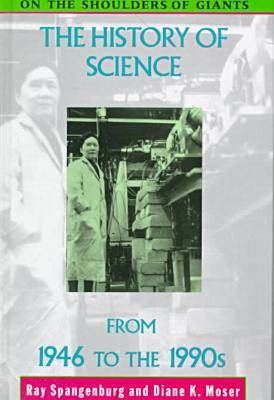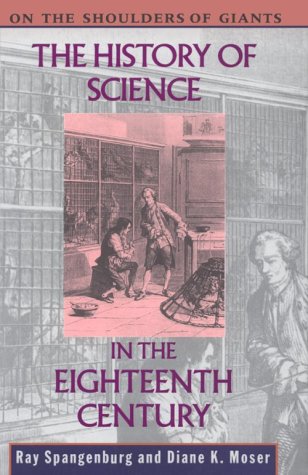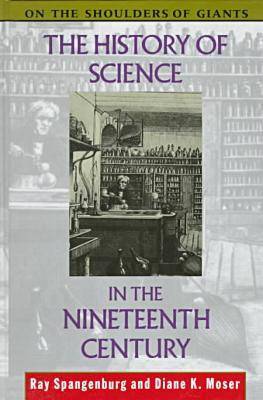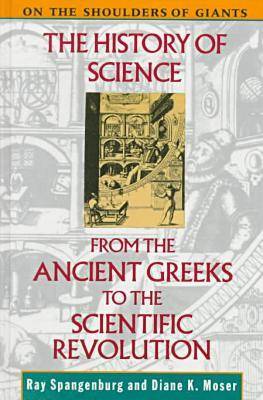On the Shoulders of Giants S.
4 total works
No 5
The History of Science from 1946 to the 1990s
by Ray Spangenburg and Diane Moser
Published 1 August 1994
This is part of the series covering the "Golden Age" of science, an era when science seemed to be at the forefront of human activity and scientists were making great and exciting advances, both applied and theoretical. This volume simultaneously discusses the most significant post-war scientific breakthroughs and addresses the move towards increased specialization in all scientific branches, the role of computers in research, and threats to the environment for which scientific advance is frequently blamed.
No 4
The History of Science in the 18th Century
by Ray Spangenburg and Diane Moser
Published 31 August 1993
Part of a series which offers an entire history of science from ancient times to the 1990s, this volume surveys significant scientific developments during the 18th century.
No 3
The History of Science in the 19th Century
by Ray Spangenburg and Diane Moser
Published 1 December 1993
This third book in the series covers the "Golden Age" of science, an era when science seemed to be at the forefront of human activity and scientists were making great and exciting advances, both applied and theoretical. The areas covered include: Volta's electric battery (1800); Herschel detects infrared light (1800); Davy invents the safety lamp for miners (1815); the Royal Astronomical Society founded (1820); Faraday's demonstration of the first electric motor (1821); Charles Babbage proposes the first modern computer (1822); Ohm's law (1827); Charles Darwin begins his five year voyage aboard the "Beagle" (1831); Samuel Morse's telegraph (1844); neanderthal skeletons discovered (1856); the "Bessemer Process" (1856); Louis Pasteur develops "pasteurization" (1856); first oil well drilled (1859); Mendel's theory of genes published (1856); Alexander Graham Bell patents the telephone (1876); Edison invents the incandescent electric light (1879); through to Madame Curie's isolation of the radioactive elements of radium and plutonium.
No 4
The History of Science from the Ancient Greeks to the Scientific Revolution
by Ray Spangenburg and Diane Moser
Published 1 August 1993
Part of a series, this volume surveys significant scientific developments from the time of the Ancient Greeks up until the scientific revolution in the 17th and 18th centuries.



